Every day, in every action, you choose whether you want to be a leader. To increase your leadership skills, you must build your “competence and character” to work effectively and to inspire others to follow you. Consultant Timothy R. Clark argues that “influence” forms the basis of leadership, no matter how many people you influence – one or many, and that influence also requires being capable and of good character. getAbstract recommends his presentation to those who are working on becoming leaders or becoming better leaders no matter their current position.
Useless Theories
When people discuss leadership, they often cite supposed rules that actually have little validity. Be wary of succumbing to these 10 incorrect, “misleading leadership theories”:
- You need “charisma” to project yourself as a leader.
- You must have a way with words to become a leader.
- You need to have “power” for others to recognize you as a leader. It helps to hold a position with an important title.
- You must have age on your side.
- You must work on extremely important issues.
- Leadership requires that other people admire you.
- Your claim to leadership is stronger if a lot of people know you.
- For others to see you as a leader, you must get the upper hand on your competitors.
- Leaders make a lot of money or have access to a big budget.
- Being a leader necessitates academic credentials.
“The Spectrum of Influence”
People can meet all of the supposed, conventional requirements of being a leader and still fail to lead. On the other hand, a great leader might not meet any of these supposed qualifications.
An amazingly simple idea – “influence...
Timothy R. Clark, PhD, founded LeaderFactor, a change and strategy consultancy, and BluEQ, an emotional intelligence assessment firm. He writes on large-scale change and strategic agility.









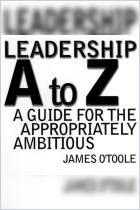
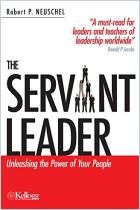
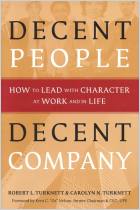
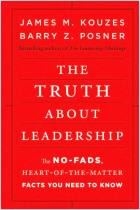

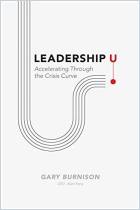


Comment on this summary or 开始讨论